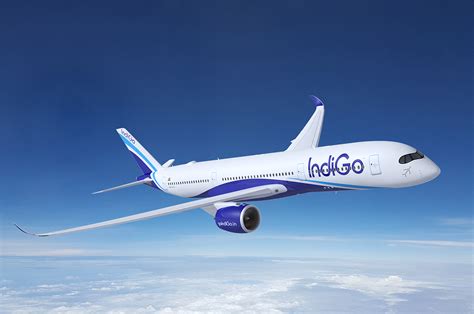African airlines are in dire straits and the carriers on the continent are small, weak, and fragmented. Many African countries restrict their airspaces to prop up state-owned air carriers. That’s why it is notoriously difficult for private airlines to succeed in Africa. They are quite literally de-winged before they’ve even had a chance to explore the skies due to protectionism, high taxes, and restrictive regulations.
But these national airlines offer little to be proud of. The majority of state-owned airlines have failed, not being able to make enough revenue to cover their costs. Today, there are only three major sub-Saharan intercontinental airlines: Kenya Airways, Ethiopian Airlines, and South African Airways.
State-owned South African Airways got more government support, according to media reports. But the reaction has not been supportive, a boycott against SAA is being encouraged. The only profitable African airline is Ethiopian Airlines (it’s not managed by the government), but the others incur hundreds of millions in losses every year and survive on government bailouts.
Besides the overwhelming evidence that state-owned airlines waste resources, cost the continent millions of jobs and billions in revenue, the dream just won’t die. There are initiatives to re-boost defunct carriers across the continent, including Nigeria, Uganda, and Zambia. Uganda has already refloated Ugandan Air.
This precarious situation is not helped by the predatory tendencies of foreign/intercontinental carriers that have eaten deep into the continent’s traffic to and from Africa. A report by the Secretary-General of African Airlines Association (AFRAA), Abderahmane Berthé presented at the 29th African Aviation Summit – Air Finance Africa 2020 organized by the chairman, African Business Aviation Association (AfBAA) and former Secretary-General of AFRAA, Nick Fadugba disclosed that African airlines have only handled 18 percent of traffic to and from Africa. The trajectory is likely to continue in view of the devastating effects of COVID-19 that have done incalculable damage to air travel in the region.
African airline market share can be maintained and can grow if African airlines are sustainable; the reason AFRAA is harping on the sustainability of the carriers and opportunity for them to rethink their business model. When it comes to generating revenue in Africa’s airspace, global carriers are the biggest winners with only two African airlines in the top 10 most lucrative air routes in Africa.
Topping the list is Emirates, whose flights to cities include Johannesburg, Cairo, and Cape Town earned it over $830 million between April 2018 and March 2019. British Airways earned almost half a billion dollars in its annual flights to South Africa’s major urban areas. Connections to West Africa appeared only once on the list with Air France’s Abidjan-Paris ranking $175 million. Conspicuously missing from the list was Ethiopian Airlines, Africa’s biggest carrier. The state-owned airline is not just the largest by passengers and the number of fleet, but by revenue and profit too.
Views: 0



